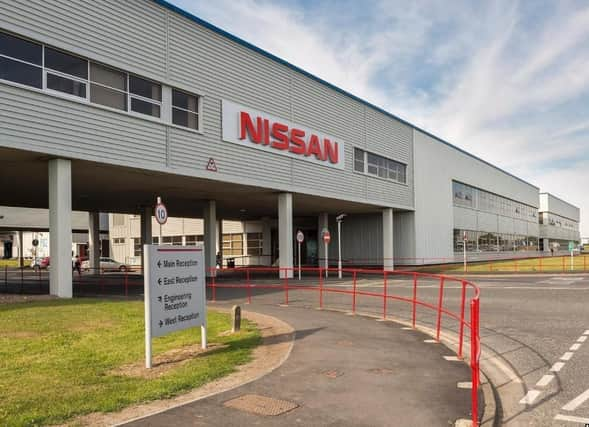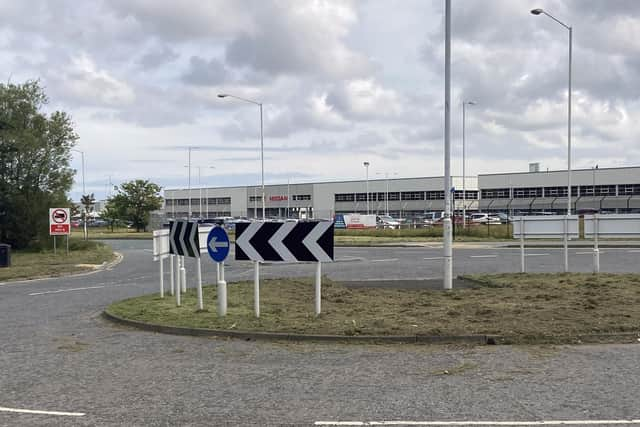Nissan to furlough production staff following global parts shortage due to Covid pandemic


The firm has furloughed staff working on line one, which produces Leaf and two line, which produces Qashqai and Juke, for three weeks as a result of a shortage of semiconductors used in its cars' electrical systems.
Staff working on both lines will be affected.
The news comes after the late shift on line two was suspended in February due to the worldwide shortage.


Advertisement
Hide AdAdvertisement
Hide AdA Nissan spokesperson said: “A global shortage of semiconductors has affected parts procurement in the auto sector. Due to the shortage, Nissan is adjusting production and taking necessary actions to ensure recovery.
“We continue to work closely with our supplier partners to assess the impact on our supply chain and production, and minimize inconvenience for our customers.”
Nissan is unable to put an exact number on how many employees will be furloughed at any given time, with shortages affecting different points of the line at different times in the production process.But the Echo understands that while production at the plant will continue throughout May, stoppages are expected to last at least until the end of the month with no sign of the global semiconductor shortage – that is impacting the entire automotive industry - in sight.
The second furlough wave comes after a new study by DDC FPO, a global provider of business process outsourcing (BPO) solutions into the impacts of Brexit on organisations.
Advertisement
Hide AdAdvertisement
Hide AdAccording to the survey, 99 percent of respondents are currently facing Brexit-related business challenges, and 69 percent expect their operations to be negatively affected for more than 12 months.
In February an industry leader warned car-makers were ‘paddling furiously below the water’ to maintain their supply chains after Brexit.
Mike Hawes, chief executive of trade body the Society of Motor Manufacturers and Traders, told MPs that the movement of parts has been ‘difficult’ since the end of the transition period.
He added that the administration required to move goods in and out of the UK was ‘significant’ and a ‘major challenge’.
